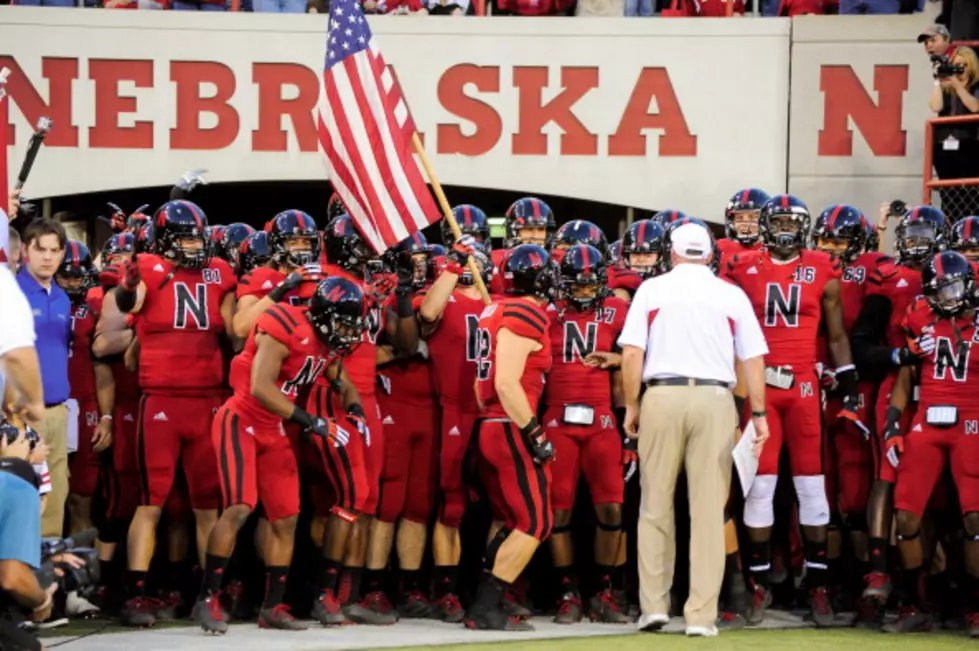
Should NCAA Athletes Get Paid?
In a report published by ESPN, Judge Claudia Wilken rejected a motion by the NCAA that prevents football and basketball players from legally pursuing a cut of live broadcast news. She rejected the NCAA's motion in an antitrust suit that was brought upon by former UCLA player Ed O'Bannon.
Michael Hausfeld, a interim led counsel for plaintiffs says, "Now the NCAA co-defendants are facing potential liability in billions of dollars instead of tens or hundreds of millions. It's a more accurate context for what the players deserve."
The NCAA does not legally treat athletes as employees and players have not organized to represent their interests.
The lawsuit brought against the NCAA has been pursued since 2009 and a dozen law firms have invested more than 20 million legal fees.
If the plaintiffs were to succeed, Hausfeld set up a plan for players to collect licensing revenues. The Former College Athletes Association would negotiate with NCAA, member colleges, video and media companies.
A jury trial if it reaches this far, will be set for June 2014.
This raises the question, do you think college athletes should get paid?
The reason that student-athletes should get paid is the students wake up in the morning and go to classes, but then have to go practice, and at night have to study for tests and do their homework. Student-athletes also have most games on the weekend and don't have a chance to work to pay for student fees or for college tuition.
Potentially outside of their scholarships, the NCAA could rule that their college sports are a work-study because in reality they work harder than a normal college students. How about pay student-athletes with un-paid internship because many top-tier student-athletes are preparing to play future professional sports. After all, don't many students pursue non-paid internships to help get a a future job in their field.
However, on the flip side, paying college athletes could corrupt college sports. Isn't paying men and women to play sports called professional sports? By learning how to balance school and sports, student-athletes learn to be responsible with their time management.
Plus, their are plenty of on-campus jobs that student-athletes could pursue to add a little bit of extra money to pay for groceries, and entertainment.
Lastly, the best college sports programs may only benefit because the student-athletes will go there because they know they will be in the spotlight, and better prepared for future success.
So, what do you think? Should student-athletes in college be paid to play sports?
More From KSOO-AM / ESPN Sioux Falls
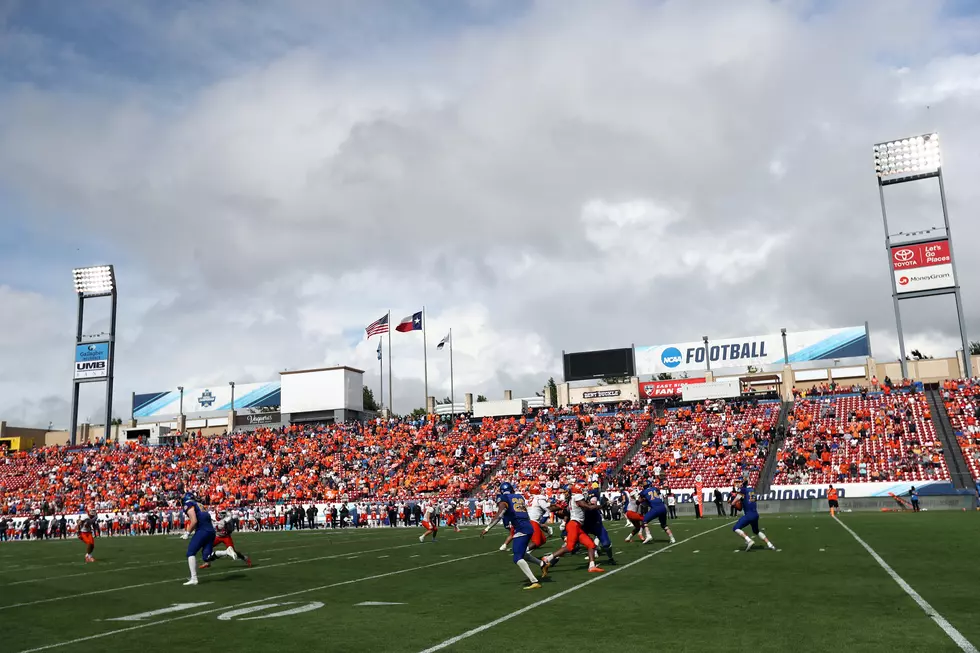
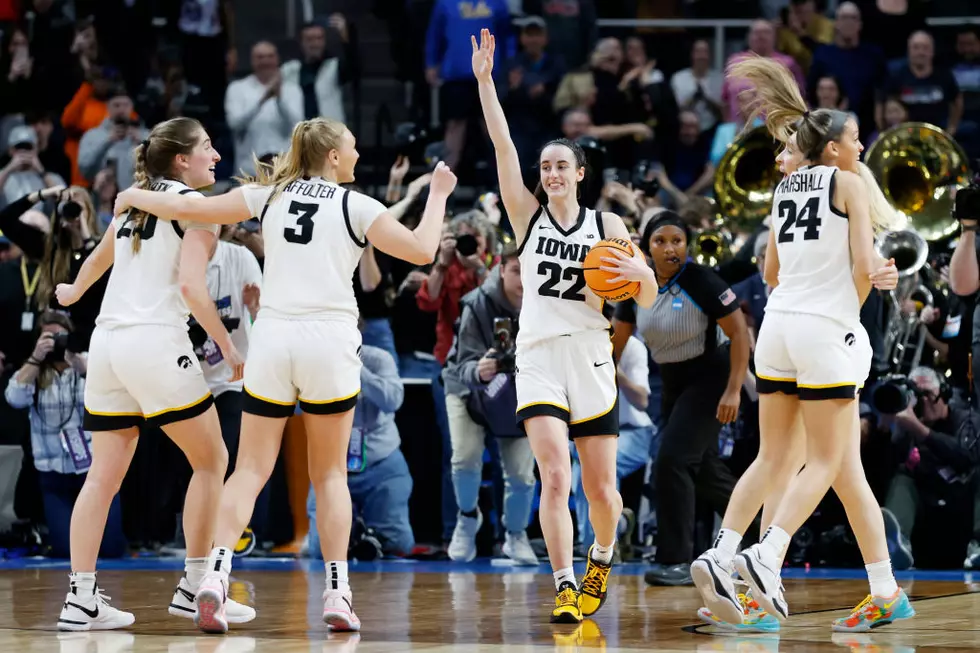
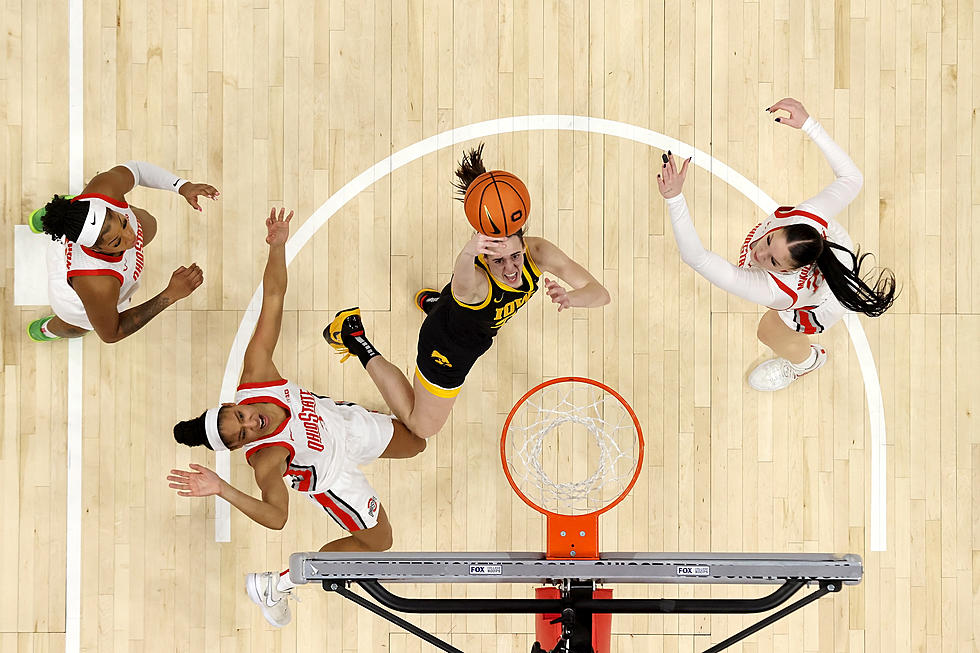

![Caitlin Clark Sets Another Record in Win Over Drake [WATCH]](http://townsquare.media/site/675/files/2023/11/attachment-clark1.jpg?w=980&q=75)
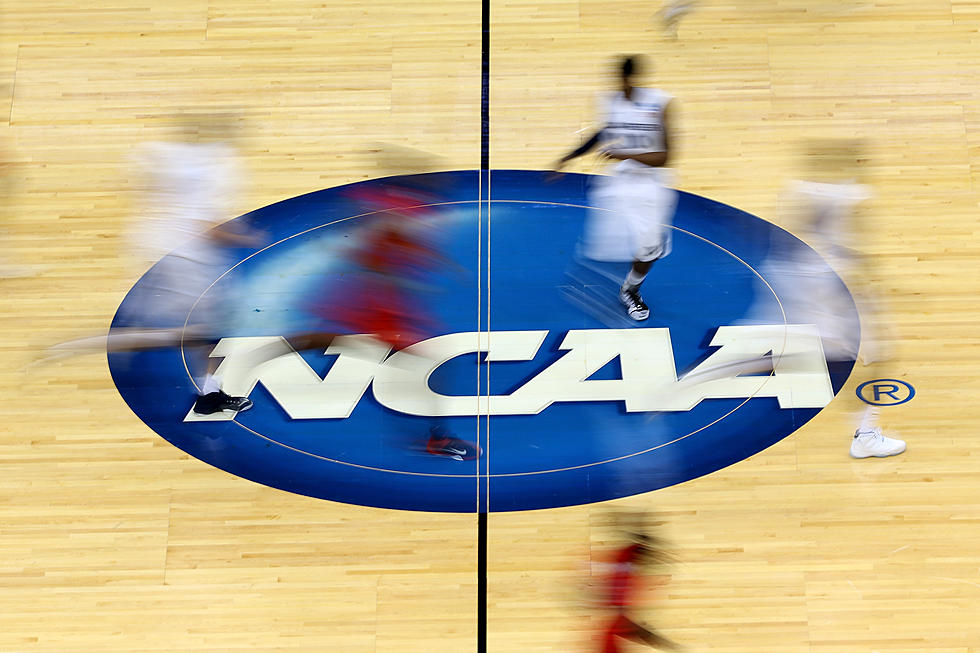


![NCAA Should Name It’s New Rule The ‘Caitlin Clark’ Rule [WATCH]](http://townsquare.media/site/675/files/2023/04/attachment-GettyImages-1479173591.jpg?w=980&q=75)
